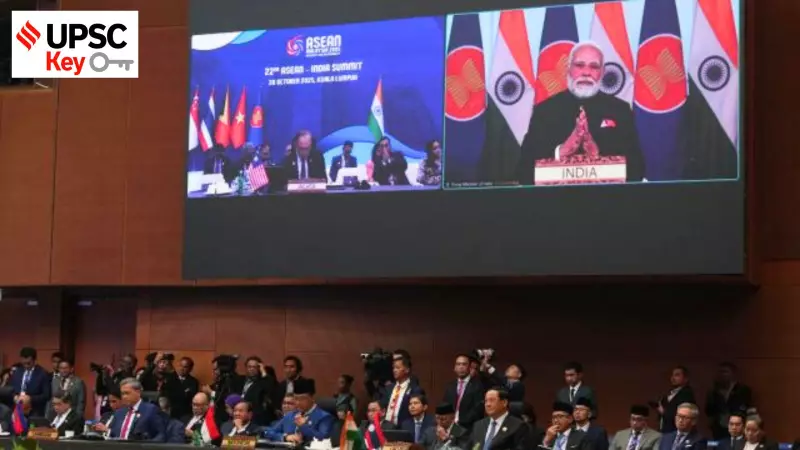
In a significant development for India's foreign policy and economic strategy, the nation is deepening its engagement with ASEAN countries while simultaneously addressing two of the most pressing global challenges: artificial intelligence governance and food security. This multi-faceted approach represents a strategic evolution in India's international partnerships.
Strengthening Regional Partnerships
India's relationship with ASEAN nations has entered a new phase of cooperation, moving beyond traditional diplomacy to encompass economic, technological, and security dimensions. The strategic partnership now focuses on creating resilient supply chains, enhancing digital connectivity, and fostering people-to-people exchanges that benefit all participating nations.
The AI Regulation Imperative
As artificial intelligence transforms global economies, India and ASEAN members are collaborating to establish frameworks for responsible AI development. This cooperation aims to balance innovation with ethical considerations, ensuring that AI technologies serve humanity while minimizing potential risks. The partnership explores:
- Developing common standards for AI governance
- Creating mechanisms for cross-border data flows with appropriate safeguards
- Establishing joint research initiatives in emerging technologies
- Building capacity for AI literacy and skills development
Addressing Food Security Challenges
The India-ASEAN collaboration places significant emphasis on achieving sustainable food security through innovative agricultural practices and supply chain improvements. Key initiatives include:
- Sharing best practices in agricultural technology and water management
- Developing early warning systems for crop diseases and climate impacts
- Creating efficient food distribution networks to reduce waste
- Promoting research in climate-resilient crop varieties
Strategic Importance for UPSC Aspirants
This evolving partnership offers crucial insights for civil service examination candidates, particularly in areas of international relations, economic diplomacy, and technology governance. Understanding these developments is essential for answering questions related to India's foreign policy, regional cooperation mechanisms, and approaches to global challenges.
The collaboration demonstrates how India is positioning itself as a key player in shaping the future of technology regulation while addressing fundamental human needs like food security. This balanced approach reflects the country's commitment to both technological advancement and sustainable development.





